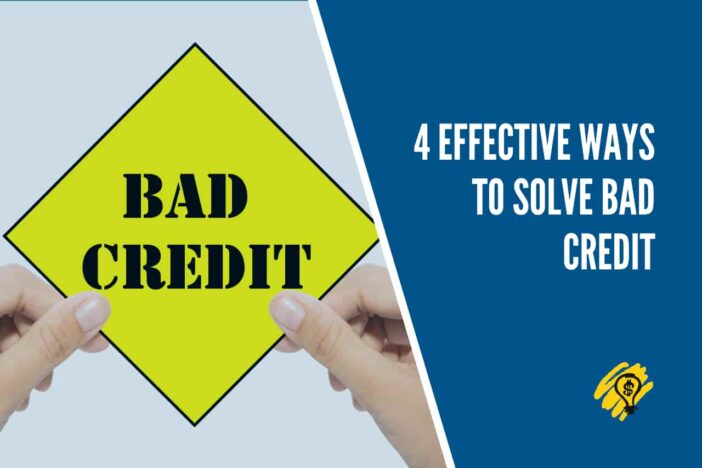Most people don’t plan on having a low credit score—but it happens. It can be due to something as simple as a one-time late payment on your rent or something more complicated, like the fallout from an illness or divorce that resulted in you missing payments and putting yourself in debt.
But either way, if you have bad credit, finding the right lender can be a challenge.
Luckily for you, there are some options available. Here are four effective ways to handle mortgage financing with bad credit:
Become an authorized user on another person’s account
Getting an authorized user credit card is a way to improve your credit score by piggybacking off another person’s good credit. It works like this: you get added to someone else’s account as an authorized user—and voila! You get their good credit karma.
It works incredibly well if the account holder is responsible with their money: they pay their bills on time, avoid debt, and don’t spend money they don’t have. If this person is killing it in the finance department, then becoming an authorized user on their account may be just what you need to improve your credit score.
Always pay your bills on time.
This tip may seem obvious, but it’s worth noting that you need to be sure to pay your bills on time every month to improve your credit score. Even making a payment one day late can make your credit score drop.
If you can’t remember when all of your monthly bills are due, set up email or text reminders, so you never miss a payment again. Also, keep track of all these reminders by setting up autopay for each bill. You’ll never have to worry about remembering when it’s due again. Just make sure there is enough money in your account for the payment to go through. You don’t want another late fee because of insufficient funds!
Even if you acquire a mortgage financing solution with sub-prime b lenders ensure that you make payments early to avoid bad credit.
Check your credit report regularly.
If there’s an error on your credit report, it will hurt your credit score and make it harder to fix the problem. Review your reports at least once per year; if there’s an error on anyone, dispute it right away so it doesn’t drag down your score unnecessarily.
Again, if you don’t understand your credit report, talk to a nonprofit counselor about options for repairing your credit. These counselors can help you deal with debts and other problems that might make up for your low score.
Don’t get into debt in the first place.
We know what you’re thinking: “Well, duh!” But it’s worth repeating—you won’t have bad debt if you don’t have any debt. We know that this isn’t always possible; sometimes, things come up, and we need access to additional funds to get us through tough times.
But if you’re able to take a step back and assess whether or not something is worth going into debt for—for example, maybe you should think twice before buying that new car when your old one is still running—then we highly recommend taking a hard look at your options.
If you’re struggling with a bad credit score, it doesn’t mean that you can’t buy a home. With the right financing approach and budgeting plan, you can purchase your next home with no problems. The options listed above will give you more control over your mortgage financing, even if your bad credit gets in the way.





